Flowing Streams
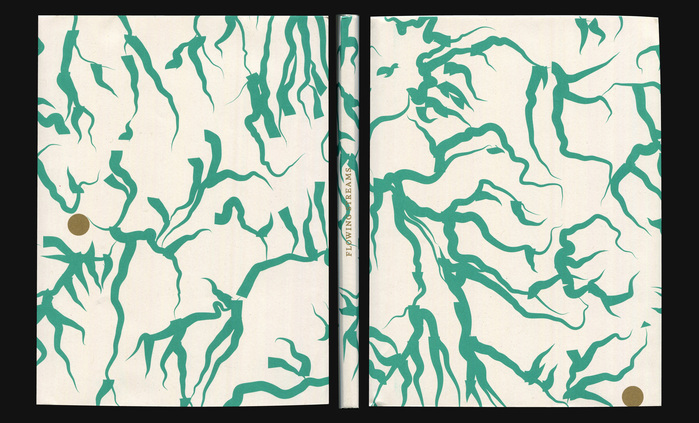
Karolina Pietrzyk, Tobias Wenig. License: All Rights Reserved.


The publication Flowing Streams consists of eight brochures wrapped in a dustcover, which also functions as a map of water flows in Romania. It was designed by Karolina Pietrzyk and Tobias Wenig, set in HAL Timezone and HAL Timezone Mono, published by HAL Typefaces. The publication was coordinated and curated by Nicoleta Moise and Adelina Luft and printed by Fabrik in Romania in an edition of 500 copies. The brochures are the result of a series of two-week residencies in different locations all over Romania.
More information on the residency programme from the website of the organizing body:
FLOWING STREAMS is a multi-residency project in rural areas of Romania exploring local approaches to the cultural ecology of water, designed and developed by EUNIC Romania. It involves seven cultural institutions operating in Romania – the British Council, the Czech Centre, the Embassy of the Netherlands, the Goethe-Institut, the Italian Institute for Culture, the Polish Institute and Fundația9, each engaged in supporting one residency. The project was framed by this consortium of European partners, in collaboration with curator Adelina Luft.
In the context of the climate emergency and shrinking mobility opportunities for pan-european exchange, FLOWING STREAMS aims to harbour meaningful collaborations between artists, architects, anthropologists, hydrologists or community organisers and the local partnering organisations from Romania. The programme intends to create space for co-learning, mutual listening and exchange of knowledge and practices, centred around the theme of water – the cultural embeddedness of local or traditional approaches to water management and water conservation, the social and environmental sustainability of these practices, and their adaptability to changing environmental, political and economic circumstances.
Romania’s rural landscape represents 90% of the country’s territory, with diverse climates and natural resources. Lack of investment in rural areas has generated scarcity and limited opportunities for inhabitants, but it has also left nature to survive on its own, with many areas still holding old forests, wetlands and rich biodiversity. Sadly, corruption and poor policies to protect the natural environment, connected with lack of ecological education, are threatening the sustainable development of these areas.
The seven European practitioners selected will have the opportunity to immerse themselves in the daily life of the Romanian village and explore the context of water specific to each location, hosted and mediated by a partnering organisation. Located in different rural areas of Romania, the host organisations have been running dedicated programmes around notions and practices that recontextualize the rural space and the natural environment through a reorientation of sensibilities and from a new paradigm of ecological knowledge. Through the residencies, participants are encouraged to explore local cosmovisions and practices around water, its relationship with customs, traditions, or occupations, by listening, sharing and exchanging with the spaces as sites of interpellation. These encounters are intended to open up new possibilities of reclaiming knowledge linked to a territory, historical memory and ecology, and to map a network of existing or potential socio-ecological practices that restore our relationship with water.
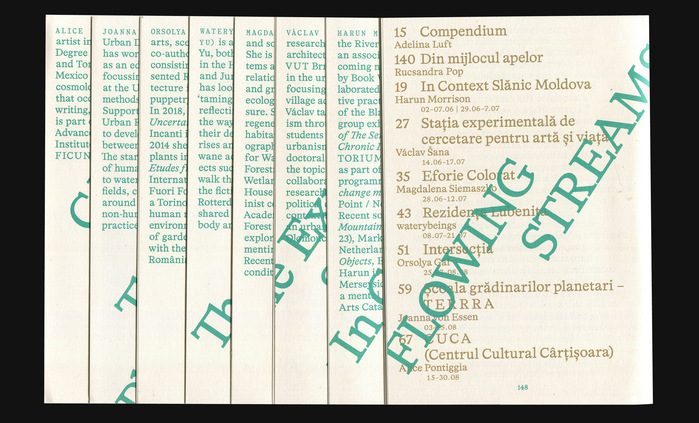
Karolina Pietrzyk, Tobias Wenig. License: All Rights Reserved.
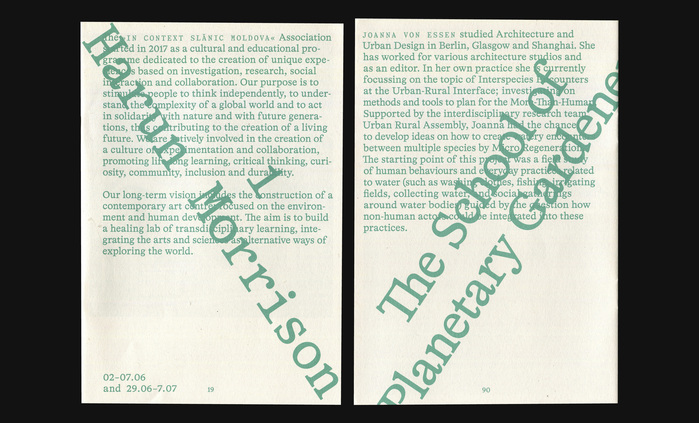
Karolina Pietrzyk, Tobias Wenig. License: All Rights Reserved.
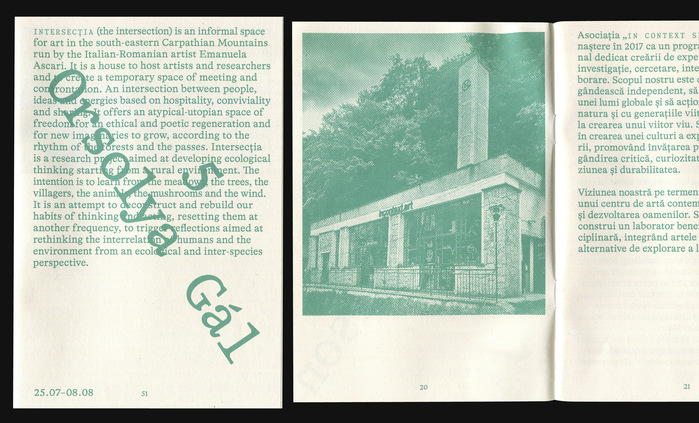
Karolina Pietrzyk, Tobias Wenig. License: All Rights Reserved.
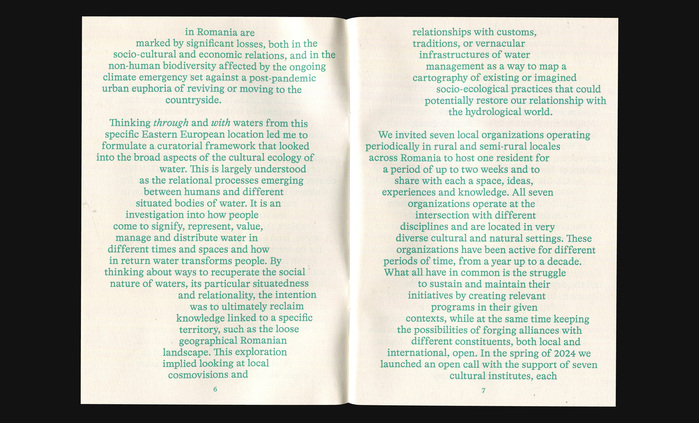
Karolina Pietrzyk, Tobias Wenig. License: All Rights Reserved.
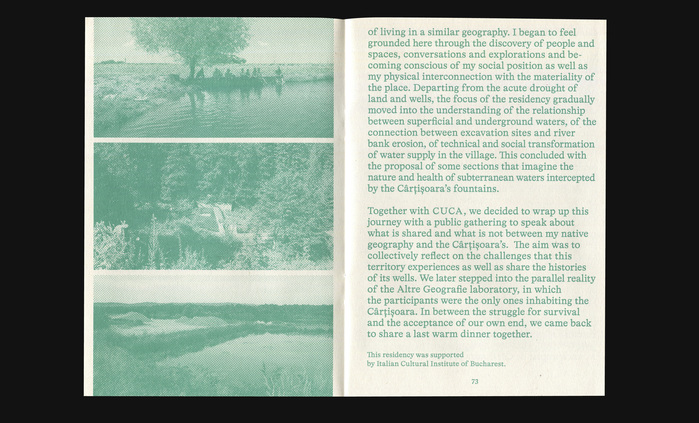
Karolina Pietrzyk, Tobias Wenig. License: All Rights Reserved.
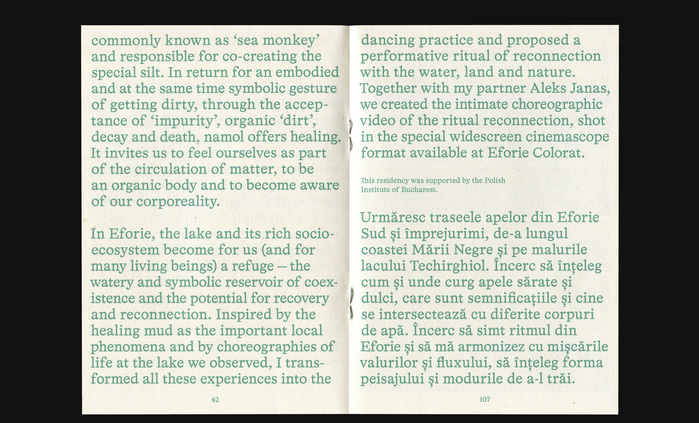
Karolina Pietrzyk, Tobias Wenig. License: All Rights Reserved.
This post was originally published at Fonts In Use